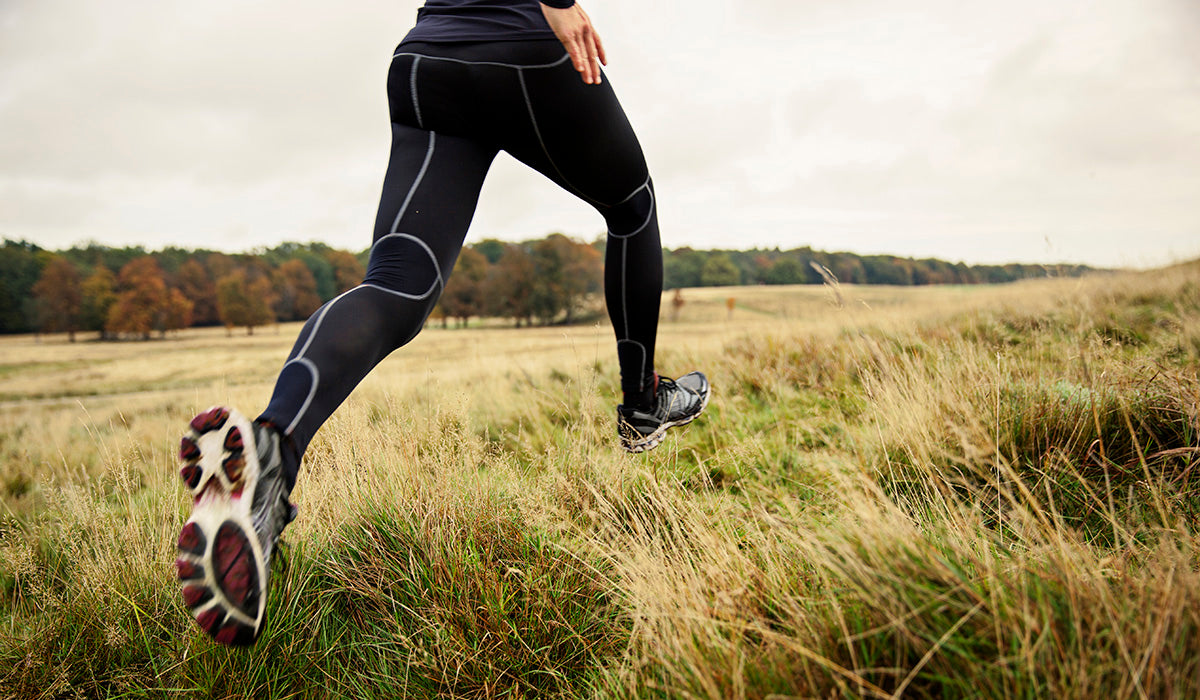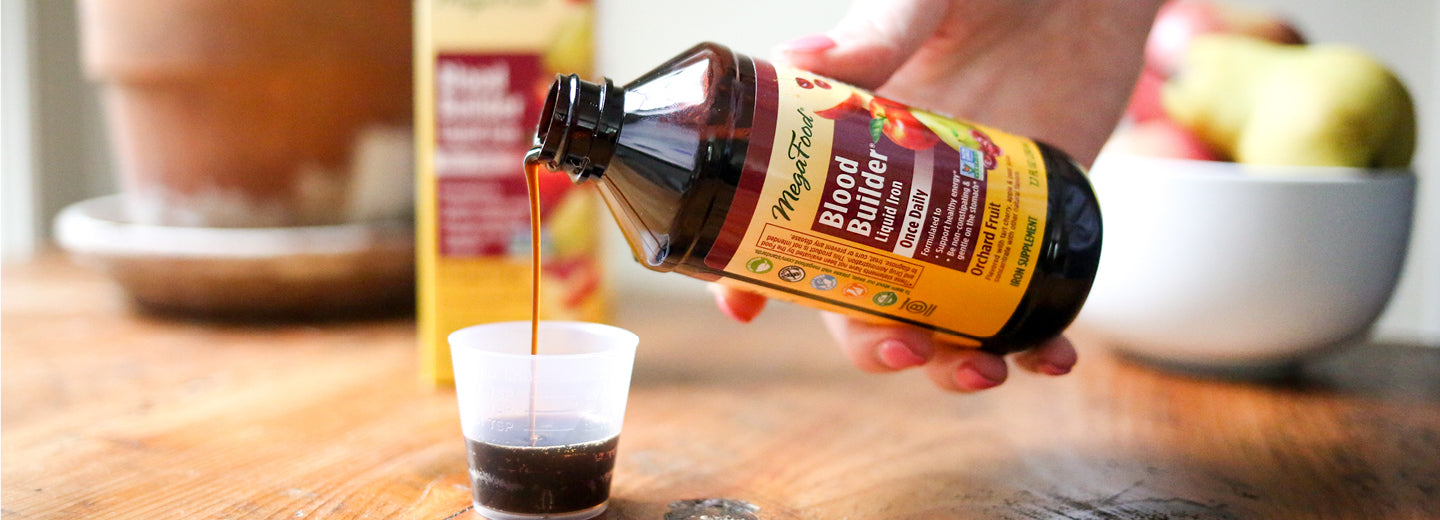MegaFood
Why athletes should take iron supplements?
Eating a balanced diet, staying active, and maintaining good sleep hygiene are enough for most of us to get by and stay healthy, but the same is not always true for athletes. For those who put their body through more extreme physical activity and demand peak performance, intense daily exercise requires an increased need of various nutrients, such as vitamins, minerals and fluids. Adding an iron supplement may promote faster recovery, and help athletes bounce back from the effects of daily training, as well as muscle or bone injury.
Why are athletes at risk for iron deficiency?
According to the National Heart, Lung, and Blood Institute, endurance athletes are at risk for iron deficiency. Endurance athletes frequently lose iron “through the breakdown of red blood cells” called hemolysis.
In addition, the NIH reports a negative energy balance is common in endurance athletes, and those participating in weight-making sports, like wrestling, boxing or MMA, as well as aesthetic activities, such as gymnastics, dancing or figure skating. Athletes who are large in stature might also find it difficult to achieve balanced energy, especially during high-volume training phases.
Further complicating things is that high-intensity training can reduce appetite, and hectic travel schedules and poor food availability while traveling for competitions might mean that some athletes have a hard time meeting their energy requirements, which is a big setback. An important factor in maintaining energy supply is getting enough iron.
Why is Iron Important For Athletes?
Iron’s main function in the body is to make hemoglobin, the protein found in red blood cells. Hemoglobin carries oxygen from the lungs throughout the rest of the body. It also makes myoglobin, which provides oxygen specifically to the muscles, and iron is also in the creation of some hormones.
Iron comes in two forms in the food we eat: heme iron (animal-derived) and non-heme iron (plant-derived). Heme iron, found in animal protein like meat and seafood, is typically more bioavailable, meaning it’s easier for the body to absorb. Non-heme iron, from plants, is found in foods like beans, nuts, vegetables and fortified cereals. Iron in general is found in foods like lean meat, poultry, seafood, spinach, white beans, lentils, kidney beans, nuts and fortified cereals as well as in some dried fruits, like raisins.
Athletic training can lead to iron deficiency in a number of ways, like an increased iron demand, elevated iron loss and blockage of iron absorption due to hepcidin bursts. Hepcidin is a hormone whose release is triggered by exercise-induced inflammation. The body can lose iron through sweating, sloughing off of skin, increased urination (which is tied to higher water intake for athletes) and menstruation; a recent study even suggests that it may not only be important for athletes to take iron supplements, but that the time of day for iron supplementation matters, too. Researchers found that iron was best absorbed in the morning right after exercise, before hepcidin had a chance to reach its high point in the afternoon. Experts recommend consuming supplements or high iron meals in the morning, within 30-60 minutes of completing a workout.
How Much Iron Is Recommended For Athletes?
The recommended iron intake for women aged 19-50 is 18 mg iron per day, with a recommendation of 8 mg iron per day for those over 50 and 1.8 times that amount for those who follow a vegan or vegetarian diet. That means 32 mg iron per day for those aged 19-50, and 14 mg iron per day for those 50+. However, it is recommended that vegans and vegetarians consume 1.8x the amount recommended for meat-eaters. That means 32 mg iron per day for those aged 19-50, and 14 mg iron for those 50+. The reason for the higher intake is because it’s estimated that iron absorption in meat-eaters is 14-18%, while non-meat eaters’ absorption is only 8-12%. When it comes to an athlete’s need for iron, the recommended daily intake is 15-30 mcg iron per day, with a recommended intake of 50 mg iron per day for adult elite athletes, especially those partaking in altitude training.
Which Additional Nutrients Support Athletes?
Adequate protein is needed for muscle repair, because repetitive motion and impact, like that experienced by athletes, leads to tissue breakdown. So consuming a diet high in protein could be helpful for those engaging in excessive physical activity. Additionally, fish oil contains Omega-3 fatty acids, EPA and DHA, which support the anti-inflammatory process. Fish oil is also good for joint health and contains nutrients for maintaining a healthy cardiovascular system, both of which are also important for maximizing sport recovery.
The message for athletes who feel like their body might not be getting enough nutrients to properly fuel their lifestyle is that maintaining one’s health through proper nutrition and supplementation is crucial for endurance, performance and faster recovery. Of course, we always advise to consult with a doctor before taking any supplements.



Leave a comment
This site is protected by hCaptcha and the hCaptcha Privacy Policy and Terms of Service apply.